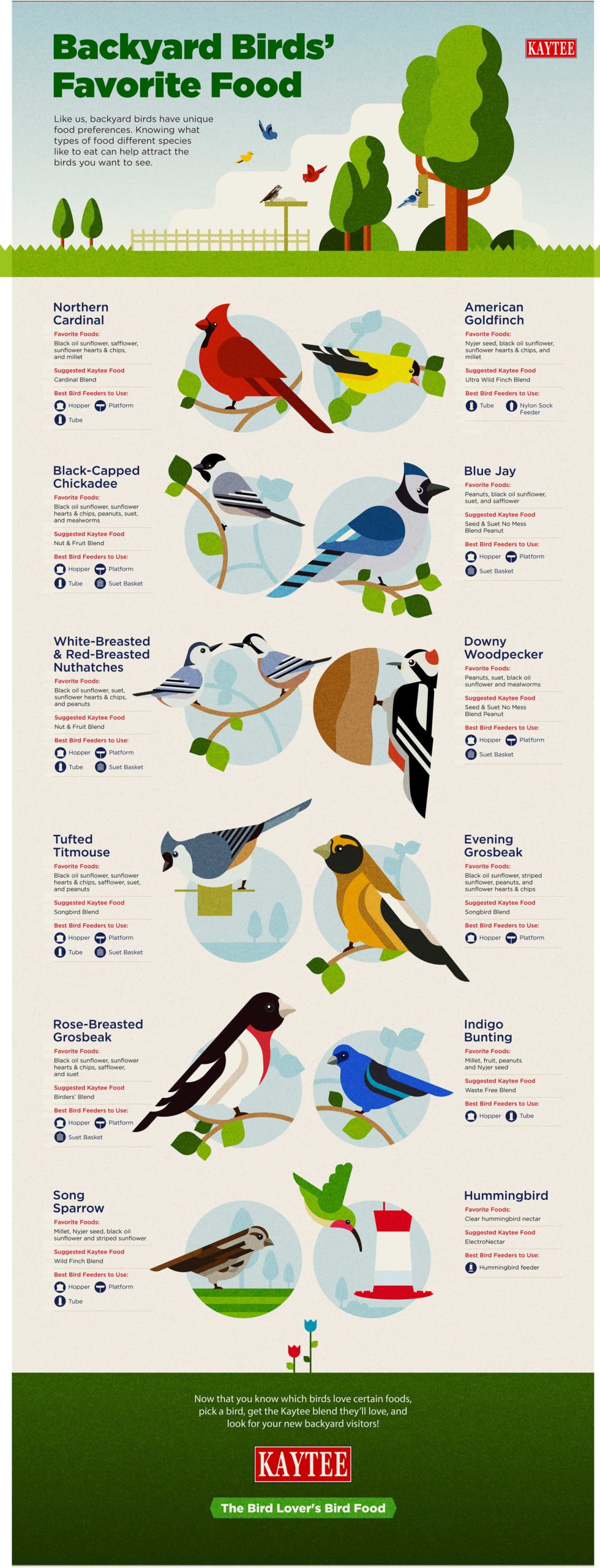Introduction
Garden birds are a delightful part of our outdoor spaces, bringing life and color to backyards year-round. Many bird enthusiasts wonder whether feeding cooked fish to garden birds is safe and beneficial. Cooked fish is a protein-rich food source, but is it appropriate for wild birds? This article explores the facts, risks, and best practices surrounding feeding cooked fish to garden birds, helping you make informed choices that support bird health and wellbeing.
Are Garden Birds Naturally Eating Fish?
Do Wild Garden Birds Eat Fish in the Wild?
Most common garden birds, such as robins, sparrows, and blackbirds, primarily eat seeds, insects, fruits, and worms. Fish is not a natural part of their diet. However, some species like herons, kingfishers, and gulls do consume fish regularly. These species have adaptations for catching and digesting fish, unlike typical garden birds.
Implications for Feeding Cooked Fish
Since garden birds are not accustomed to eating fish, cooked or raw, it’s important to consider their digestive capabilities. Introducing cooked fish to birds that don’t naturally eat it may cause digestive upset or nutritional imbalances. Therefore, feeding cooked fish should be done cautiously and sparingly.
Is Cooked Fish Safe for Garden Birds?
Nutritional Benefits and Risks
Cooked fish contains high-quality protein, omega-3 fatty acids, and essential minerals that can benefit birds. However, cooking methods matter:
– Avoid seasoning: Salt, spices, and oils can be harmful to birds.
– Remove bones: Fish bones can cause injury or choking.
– No fried or processed fish: These contain additives and fats unsuitable for birds.
Potential Health Risks
- Bacterial contamination: Leftover fish can spoil quickly, leading to bacterial growth harmful to birds.
- Digestive issues: Birds unfamiliar with fish protein may experience digestive discomfort.
Expert Recommendations
Ornithologists and wildlife experts generally advise limiting fish in the diets of typical garden birds unless it’s a species that naturally consumes fish. If feeding cooked fish, ensure it is fresh, plain, and given in very small quantities.
How to Safely Feed Cooked Fish to Garden Birds
Step-by-Step Best Practices
- Choose plain, cooked fish: Boiled or steamed white fish without seasoning is best.
- Remove all bones: Carefully check and eliminate bones to prevent injury.
- Serve in small amounts: Offer tiny portions to avoid overfeeding.
- Place on clean feeding trays: Use bird feeders or plates that are regularly sanitized.
- Monitor bird response: Watch for any signs of distress or illness.
Alternative Protein Sources for Garden Birds
If you want to boost protein in bird diets, consider safer and more natural options:
– Mealworms or dried insects
– Unsalted nuts
– Suet cakes designed for birds
These alternatives align better with the nutritional needs of most garden birds.
Common Questions About Feeding Fish to Garden Birds
Can Cooked Fish Attract Unwanted Predators?
Yes, strong smells from cooked fish can attract cats, foxes, or rats. Always clean feeding areas and avoid excessive feeding.
How Often Can I Feed Cooked Fish to Birds?
Limit feeding cooked fish to an occasional treat, no more than once a week. Regular diets should focus on seeds, fruits, and insects.
What Species Might Benefit from Cooked Fish?
Fish-eating birds like kingfishers or herons may benefit, but these species rarely visit typical gardens. For common garden birds, stick to their natural diet.
Conclusion
Feeding cooked fish to garden birds can offer nutritional benefits but carries risks if not done correctly. Most garden birds do not naturally eat fish and may face digestive issues or health risks from inappropriate feeding. If you choose to offer cooked fish, ensure it is plain, bone-free, fresh, and given sparingly. Safer protein alternatives like mealworms or nuts are often better choices for supporting bird health.
Ultimately, respecting the natural diets of garden birds ensures they thrive in your outdoor space. By providing appropriate foods and clean feeding conditions, you can enjoy the lively presence of healthy, happy garden birds year-round.
